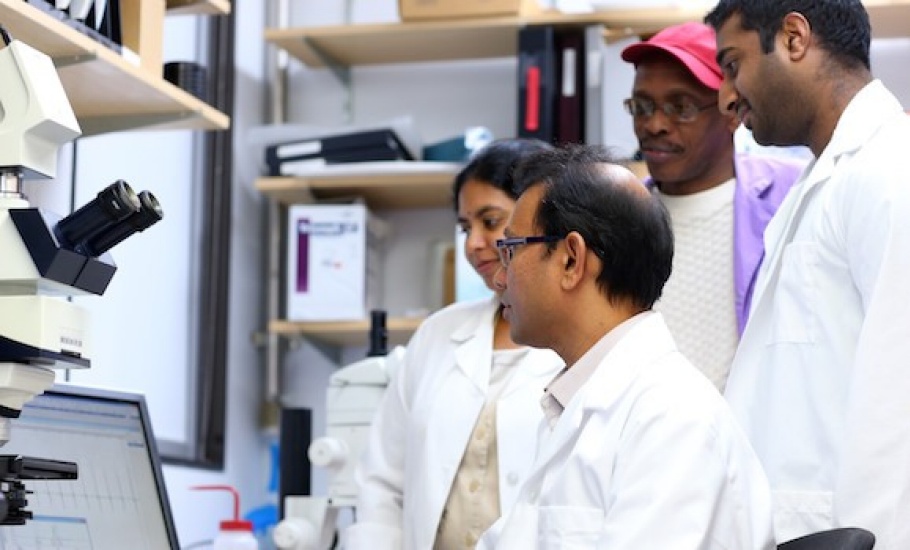About
The Pharmacology Department focuses on the study of drugs, their mechanisms of action, therapeutic uses, and adverse effects. It plays a crucial role in medical education by bridging basic sciences with clinical applications.
Vision & Mission
- Vision: To advance pharmacological sciences through innovative research, education, and clinical applications.
- Mission: To provide high-quality education, foster research excellence, and promote rational drug use for improved healthcare outcomes.
Academic Activities
- Laboratory-based practical sessions for drug analysis and pharmacokinetics.
- Integrated teaching with clinical departments.
- Workshops on pharmacovigilance, drug interactions, and toxicology.
- Research projects on drug development and therapeutic efficacy.
Facilities/Infrastructure
- Pharmacology Lab: Equipped for drug formulation, testing, and analysis.
- Clinical Pharmacology Unit: Facilities for drug trials and therapeutic monitoring.
- Toxicology Lab: Advanced tools for studying drug toxicity and adverse effects.
- Library: Extensive collection of pharmacology textbooks and journals.
Courses
- Pharmacology for MBBS, BDS, and paramedical students.
- Postgraduate pharmacology courses and research programs.
- Specialized training in clinical pharmacology and drug development.
Research Publications
- Studies on drug efficacy and safety.
- Research on pharmacogenomics and personalized medicine.
- Collaborative projects with pharmaceutical and clinical research departments.
Clinical Services
- Drug monitoring and therapeutic consultations.
- Pharmacovigilance and adverse drug reaction reporting.
- Support for hospital formulary management and rational drug use.
Achievements
- Faculty contributions to national and international research.
- Recognition for excellence in pharmacological education and drug safety.
- Successful integration of competency-based medical curriculum.
Contact Info
- Head of Department: [Name]
- Email: [Department Email]
- Phone: [Contact Number]
- Address: [Location]

